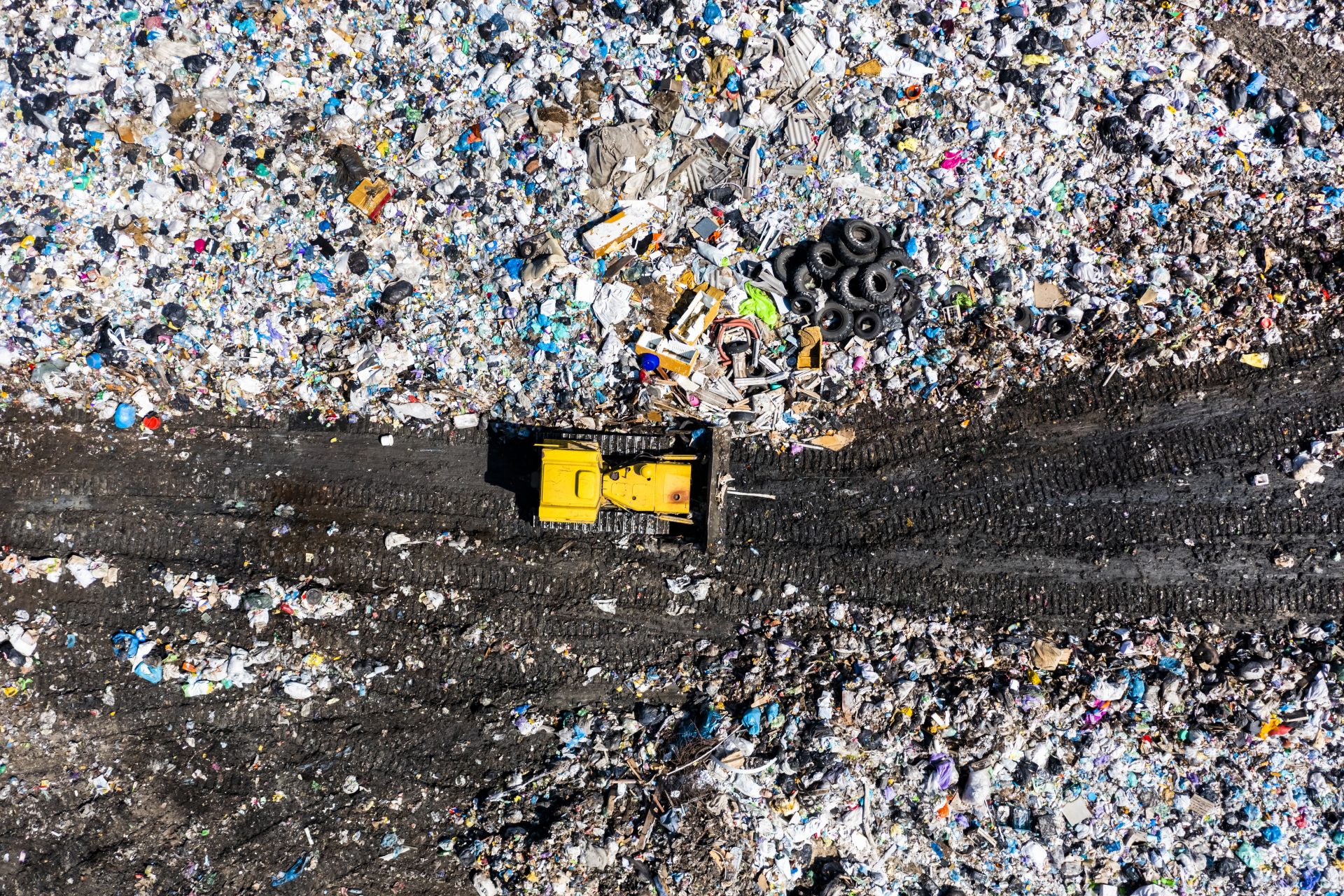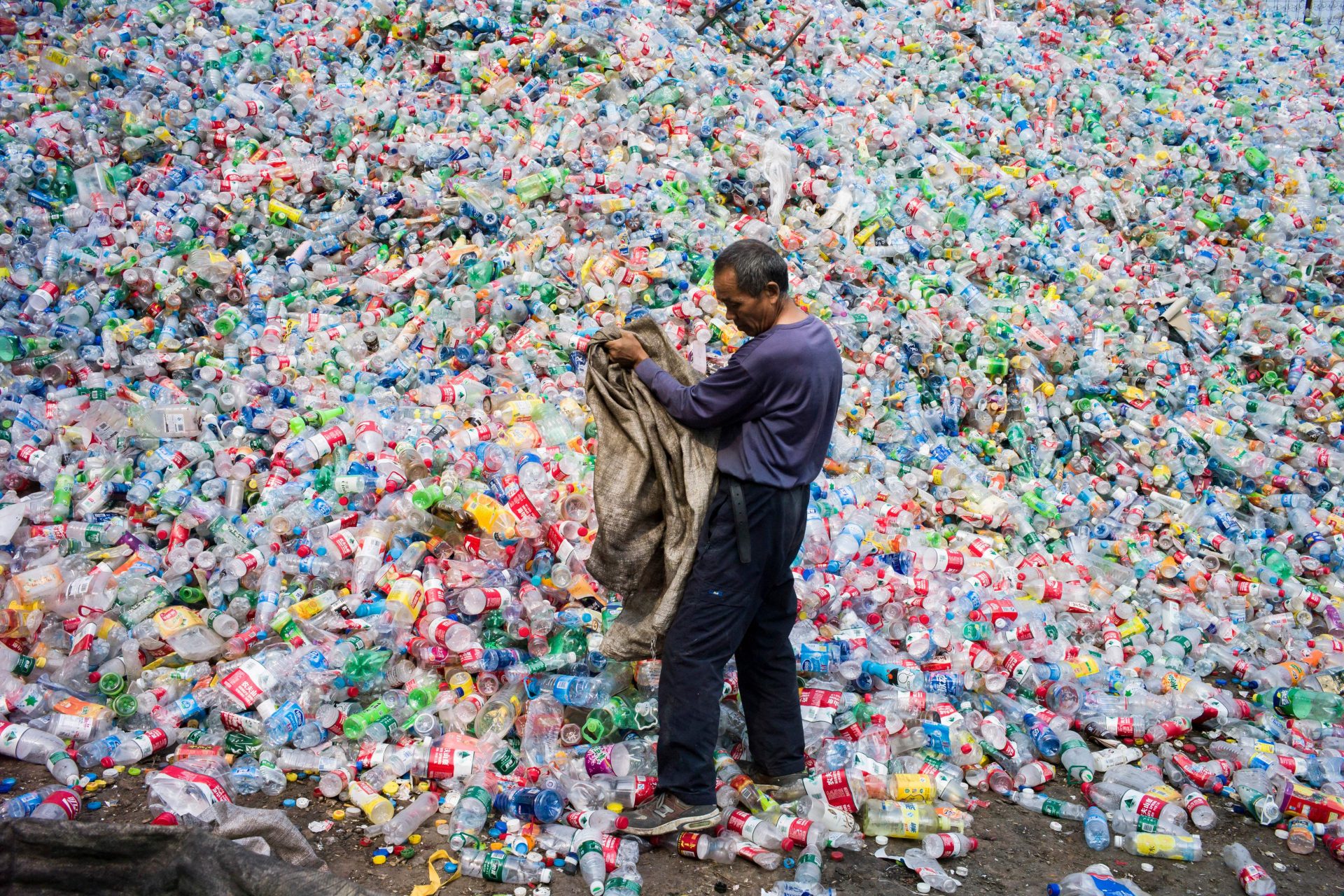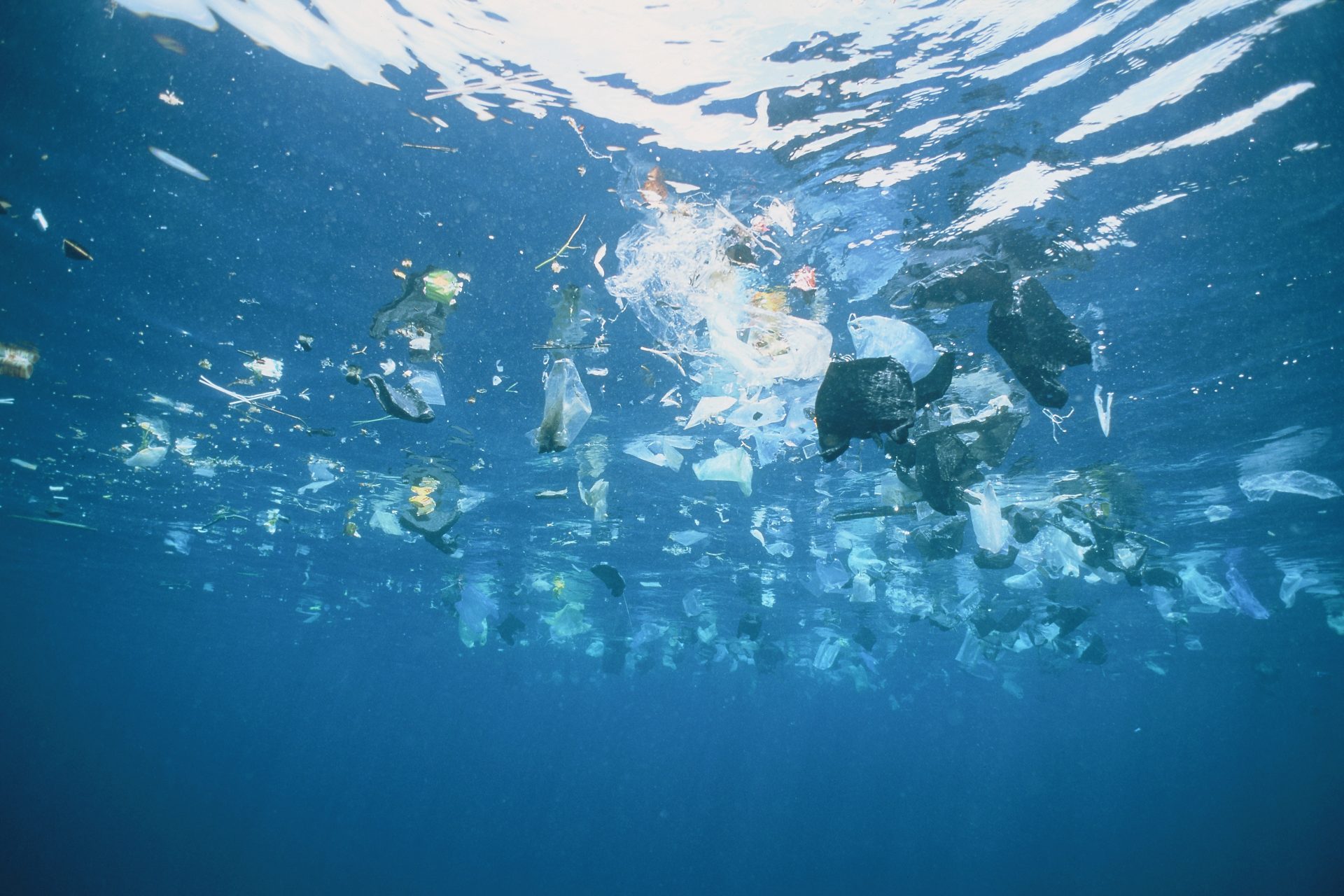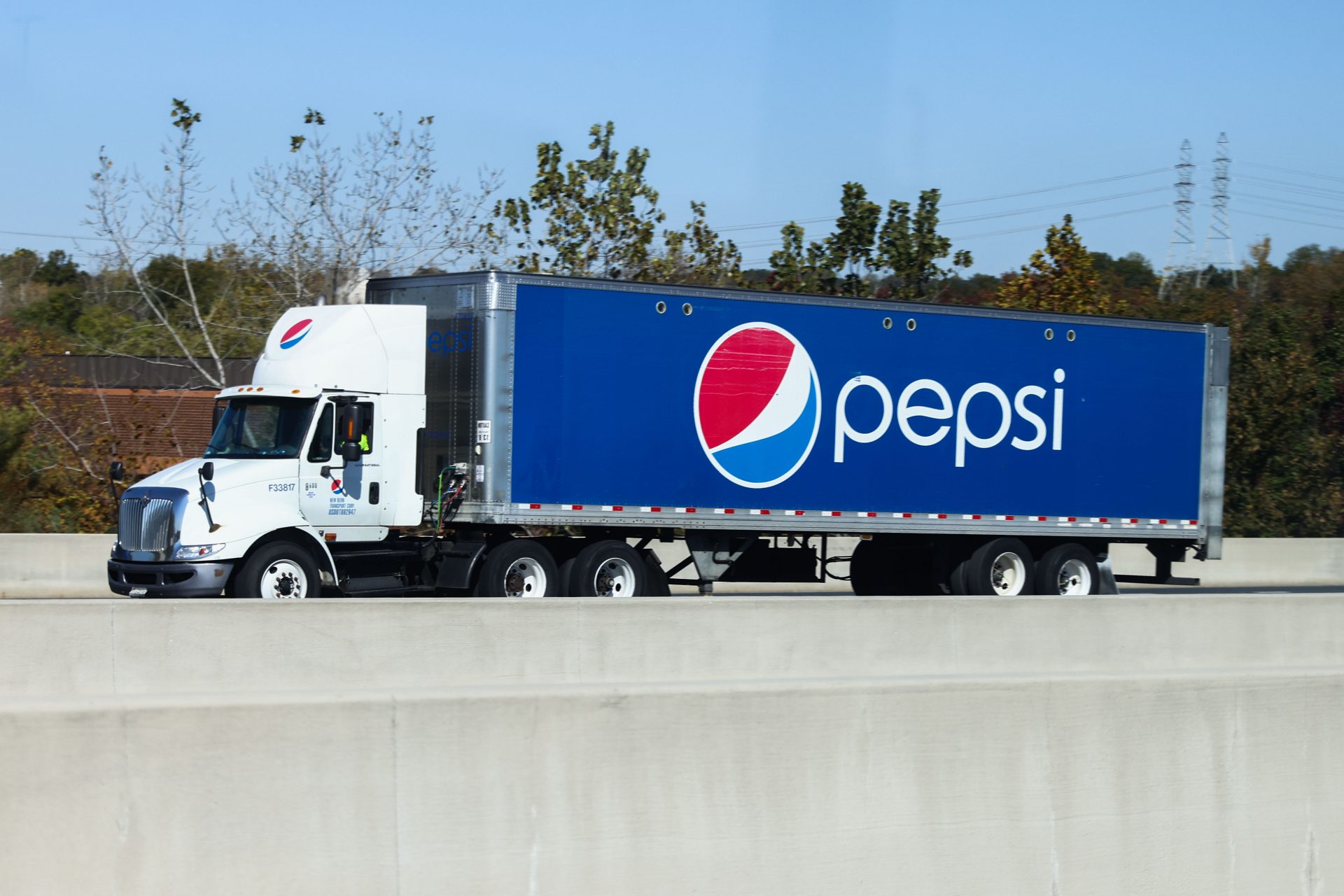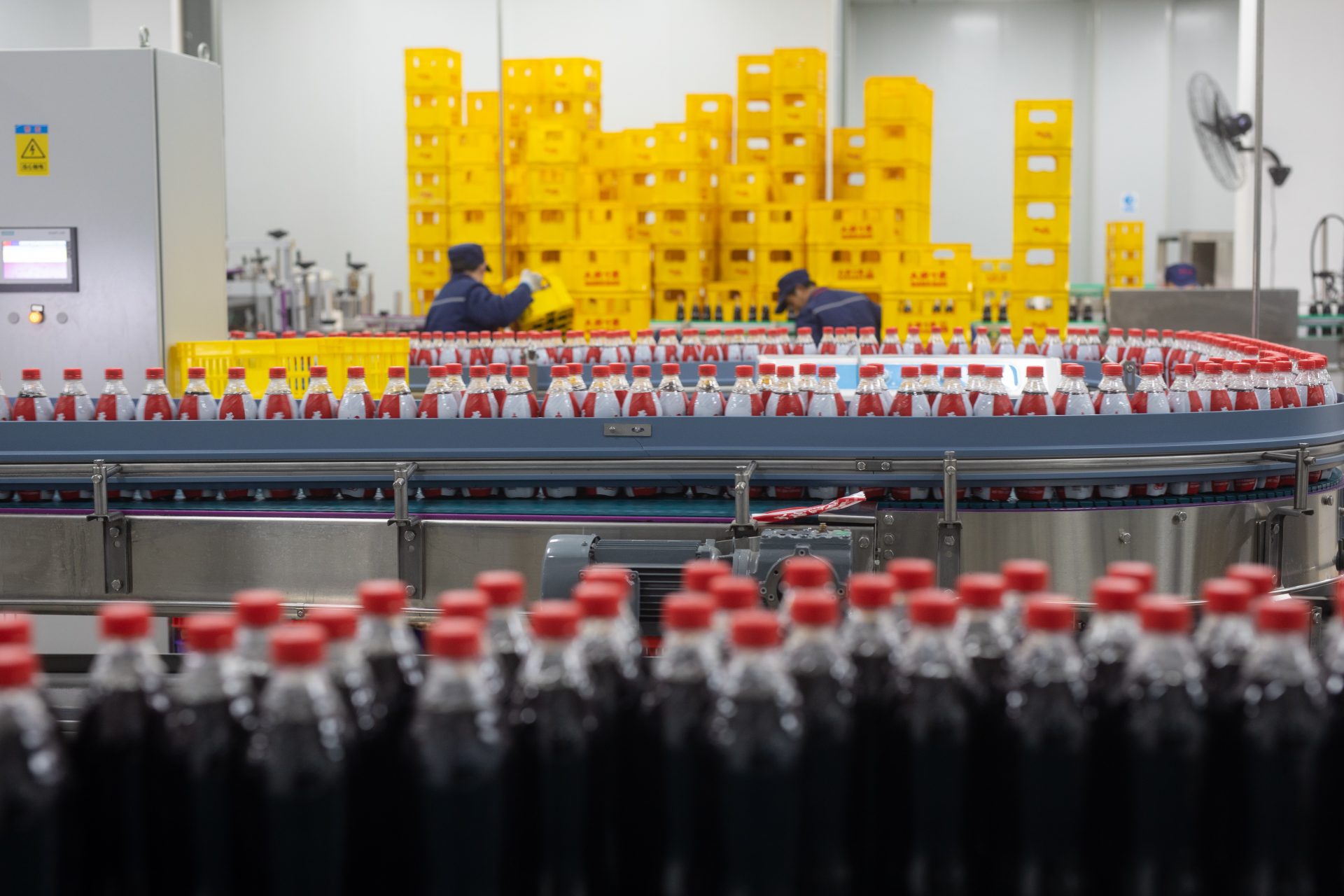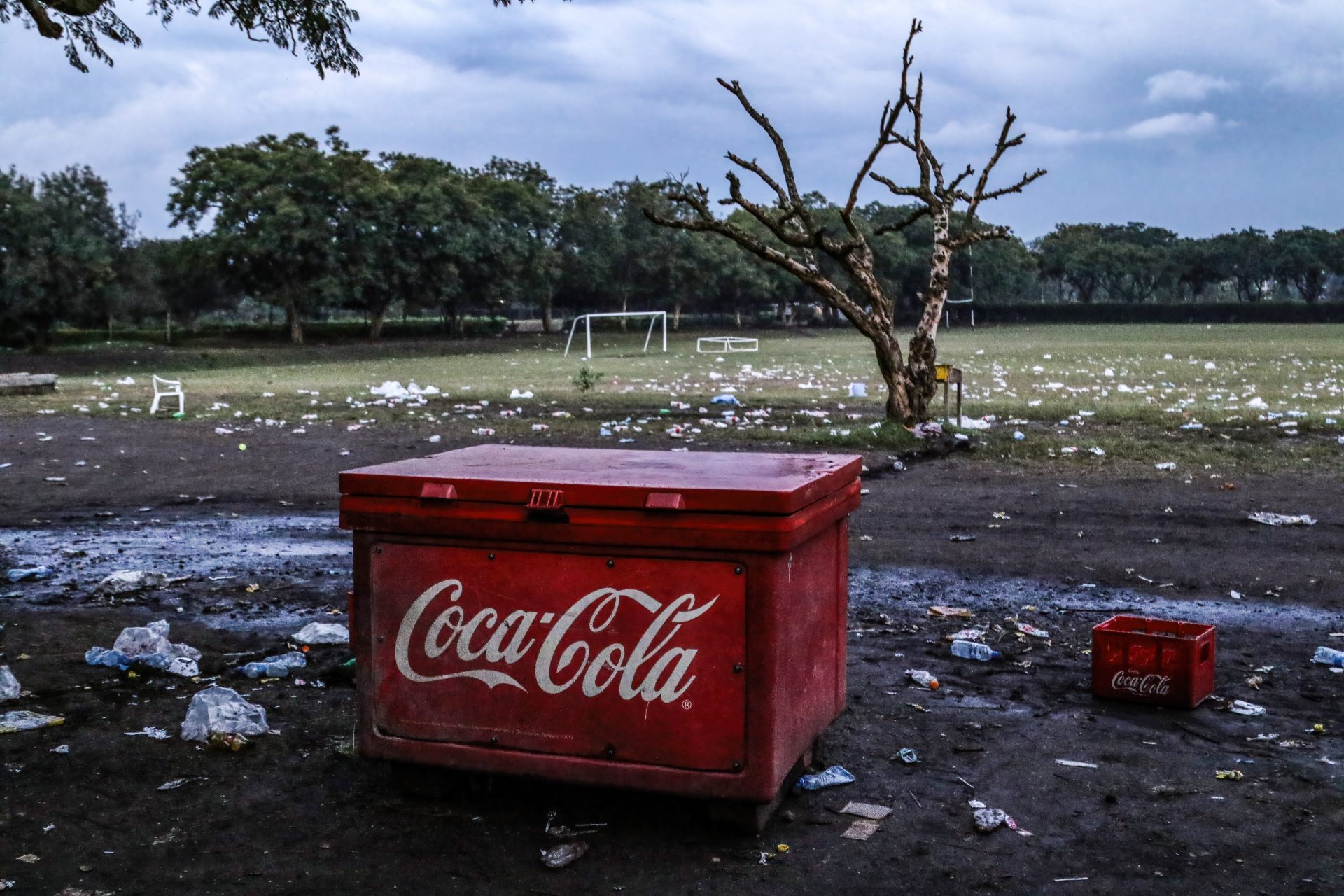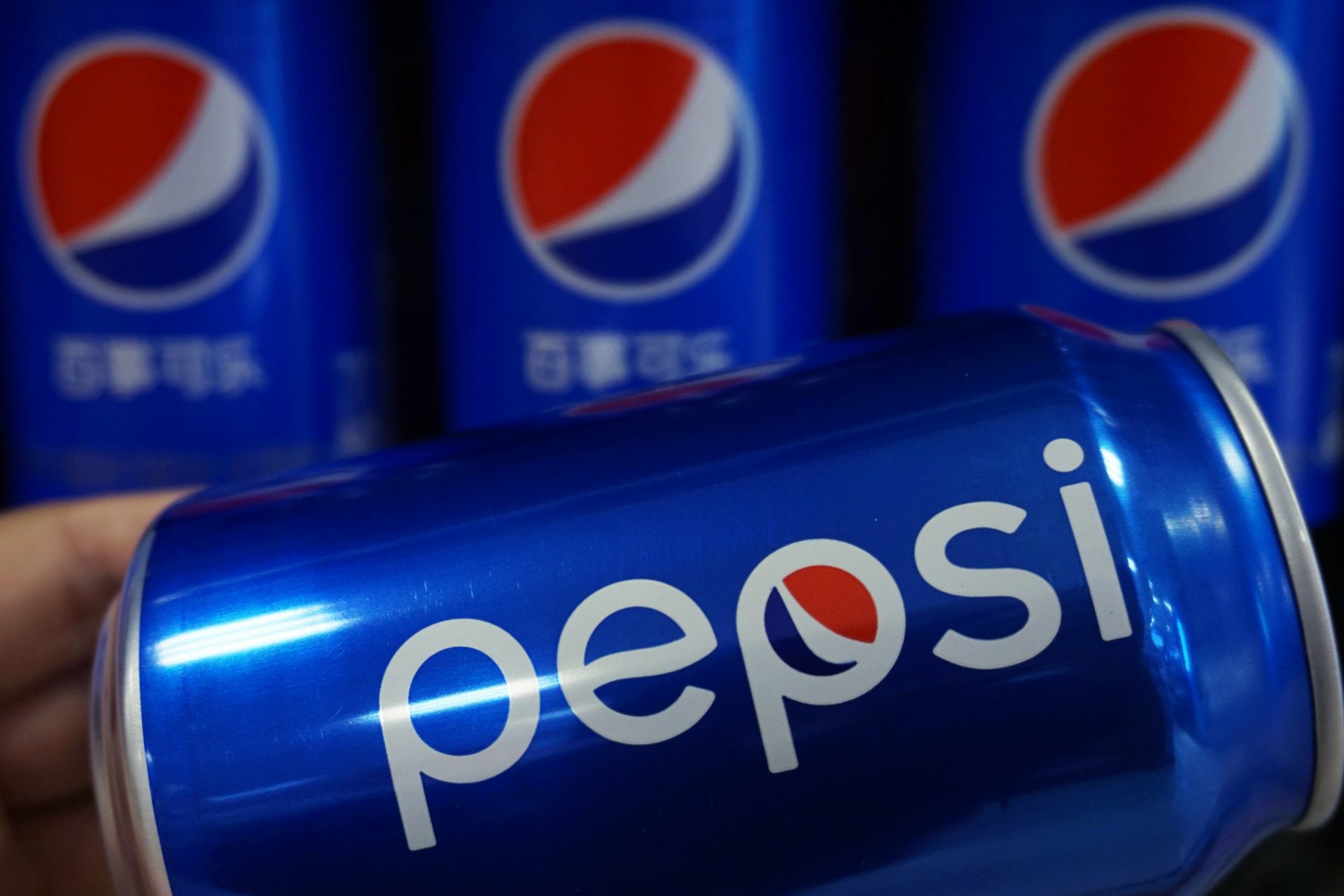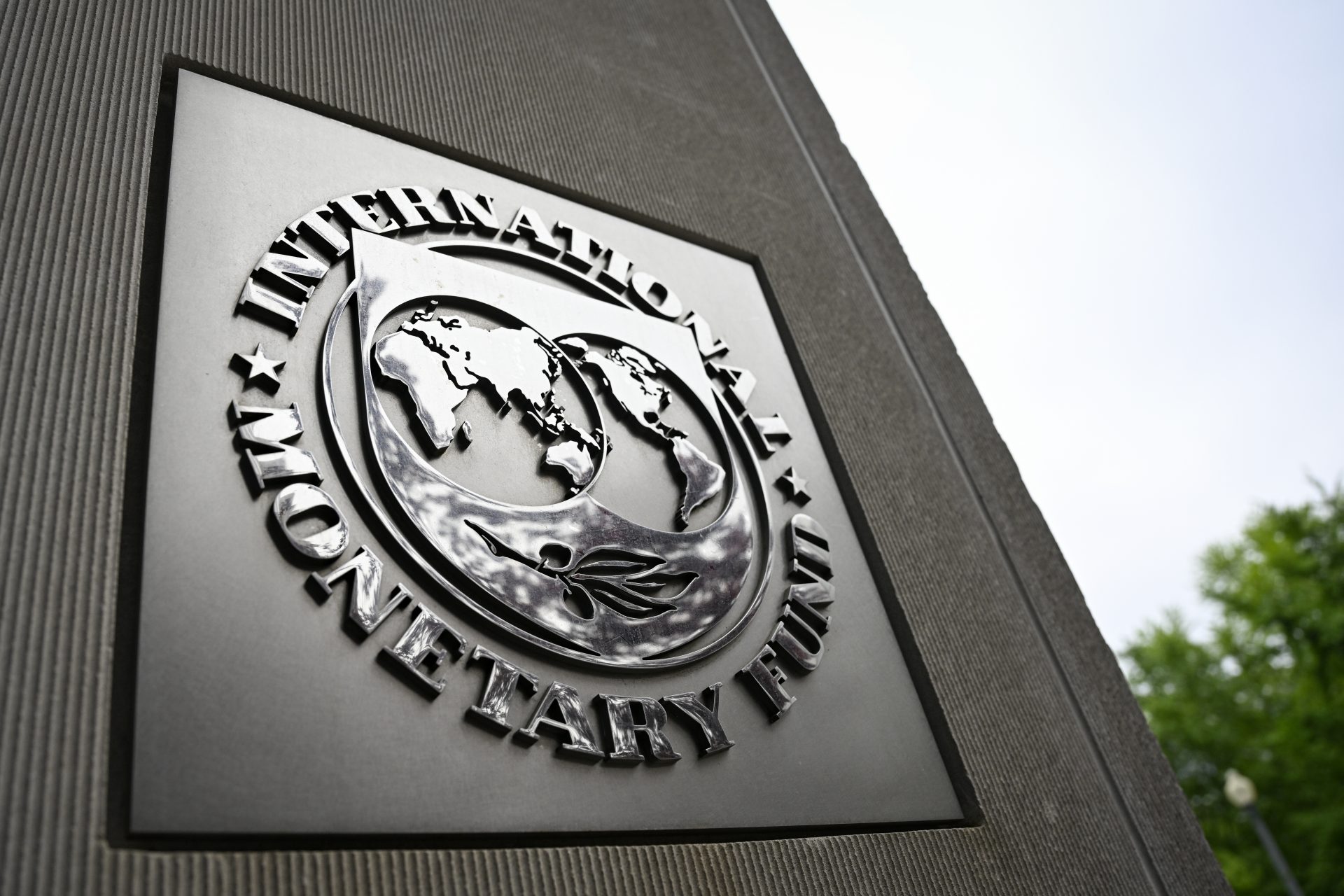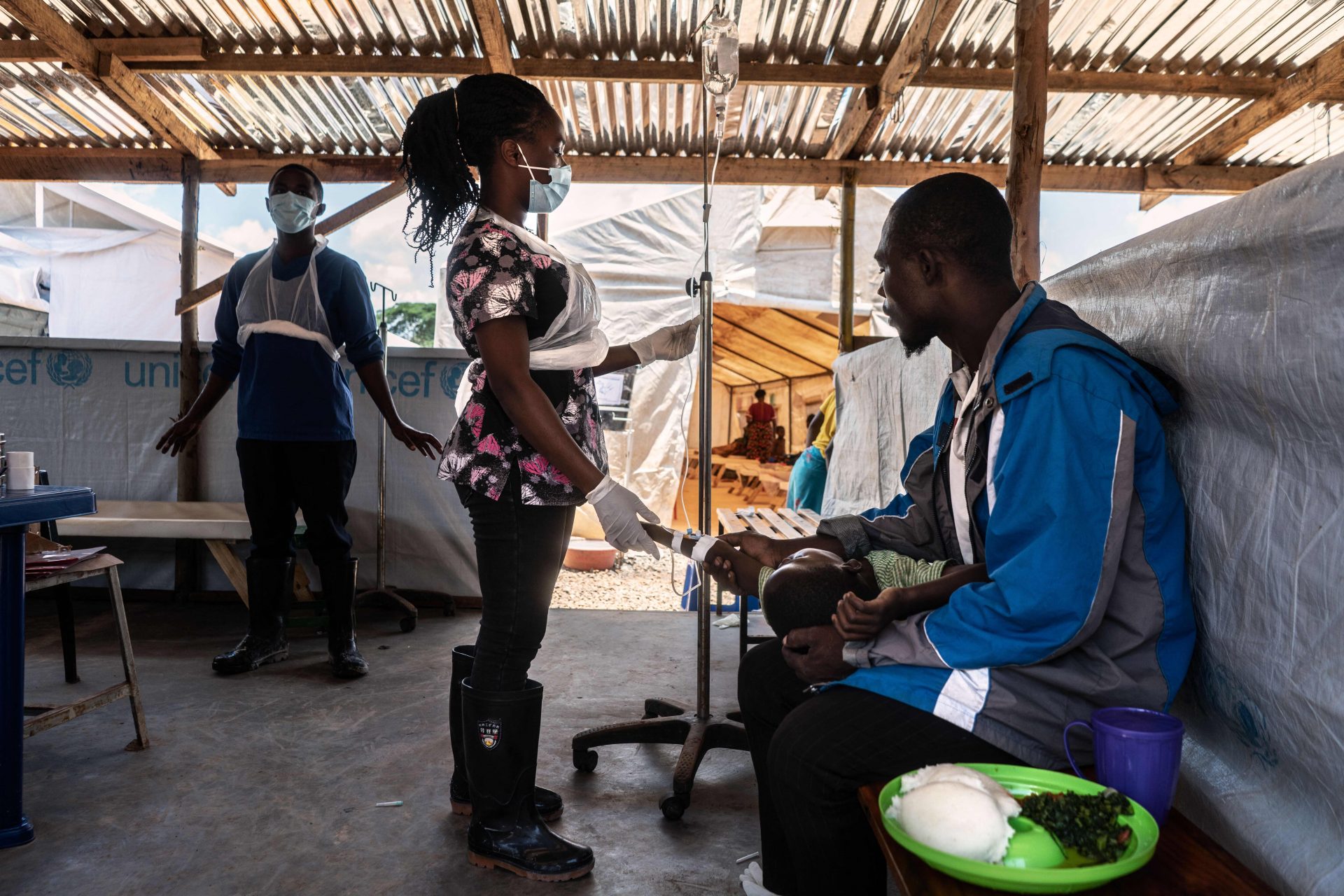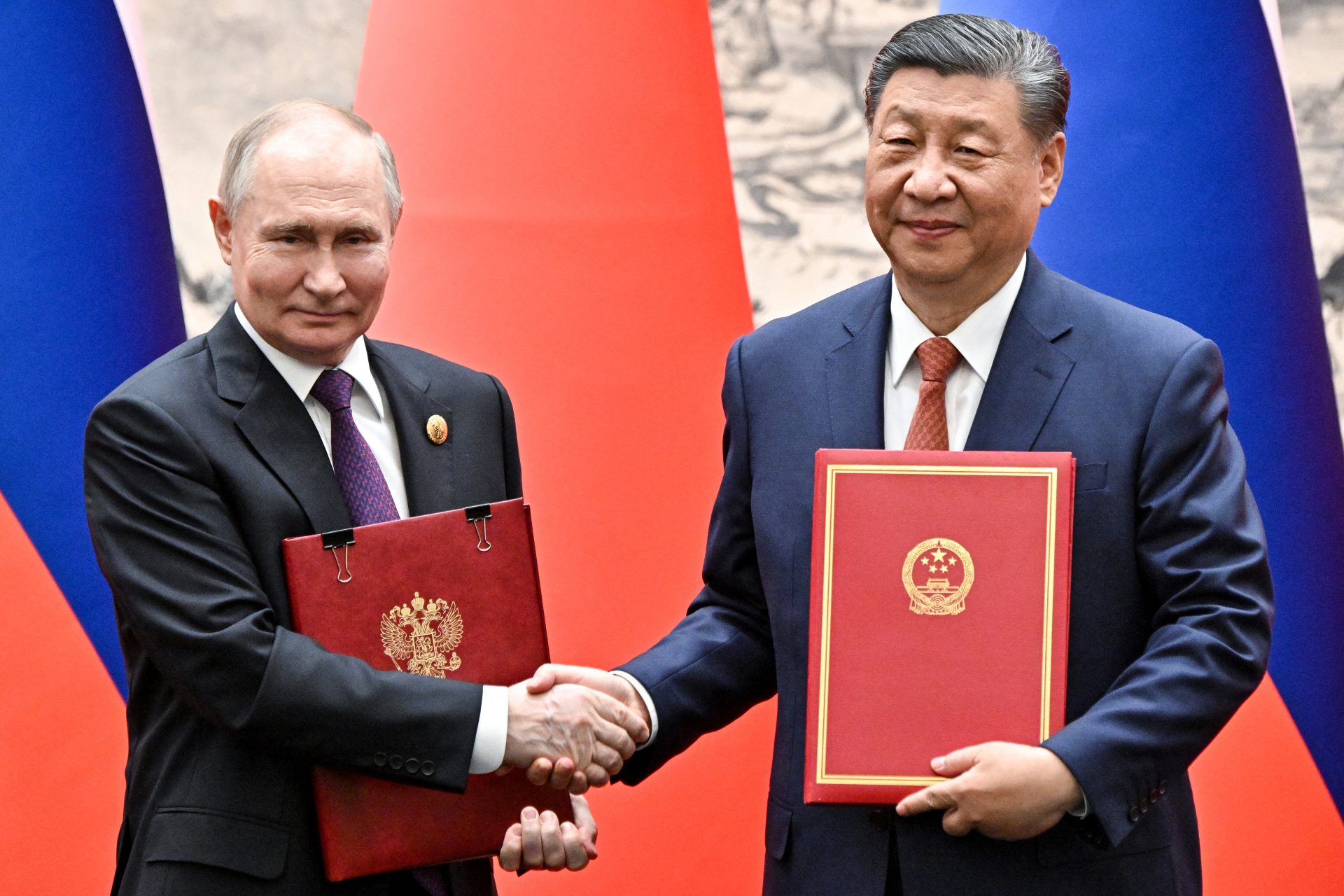Who is causing the world’s plastic problem? This study figured it out
Our world has a major plastic problem. Everyday two thousand garbage trucks of plastic are dumped into the world’s oceans, lakes, and rivers according to the United Nations but most of that is linked to just a handful of companies.
The Washington Post reported that the roughly 400 million tons of plastic products that are choking our world eventually break down into microplastics, which is an issue that is increasingly seen as another major global problem.
Who is responsible for the growing plastic crisis is difficult to decipher but scientists have determined that there is only a small number of brands responsible for the problem and have called them out in a new fascinating study.
Published in the journal Science Advances, the new study’s authors employed an army of more than 100,000 volunteers to collect and catalog 1.8 million different pieces of plastic trash across six continents to figure out their owners.
The study took place over five years from 2018 to 2022 and they discovered that 50% of the millions of items were unbranded. However, the remaining 50% of branded trash items had a story to tell and it wasn’t kind for the world’s biggest brands.
Over 50% of the branded plastic trash collected could be linked to just 56 global brands while some of the world’s most recognizable brands were responsible for a large portion of the plastic collected according to the study’s authors.
The largest contributor to the problem was Coca-Cola with 11% of branded plastic being linked to the company. PepsiCo accounted for 5% of plastic trash with Nestlé accounting for 3%, Danone 3%, and Altira 2%—together making up 24% of the branded plastics.
One of the most interesting findings of the study was that there was clear evidence of a link between production and pollution. Food and beverage companies were revealed to be “disproportionately large polluters,” the study’s authors wrote. ‘
The link between production and pollution can be a little difficult to understand. The Washington Post’s Shannon Osaka explained the finding by noting that it just meant a company's production was tied to its environmental impact.
For example, if a brand was found to produce 1% of the world’s plastics then it could be linked to 1% of the plastic found in the trash audits. “If a company produced 0.1 percent of the world’s plastic mass, it was responsible for 0.1 percent of the waste.”
This means that larger plastic producers were found to have an outsized impact on the world’s plastic trash and the finding also meant that managing our plastic waste would not be enough to fix the problem. Reductions in production must be made.
"We were surprised to find that the direct relationship between plastic production and plastic pollution was consistent around the world,” study co-author Dr. Tony Walker of Dalhousie University was quoted as saying in a news release.
"This confirms that companies responsible for omnipresent plastic pollution is consistent no matter where you live." Dr. Walker added. Several of the study’s other authors were also shocked by the relationship between production and pollution.
“When I first saw the relationship between production and pollution, I was shocked," said study co-author Win Cowger of the Moore Institute for Plastic Pollution Research, adding no positive impact was seen from the efforts of big brands to reduce pollution.
However, there was a silver lining to the finding according to Cowger, who said “it gives me hope that reducing plastic production by fast-moving consumer goods companies will have a strong positive impact on the environment.”
The Science and Policy Director of the Global Alliance for Incinerator Alternatives, and another author of the new study, Neil Tangri told The Washington Post that many of the brands in the study do have programs in place to manage and recover their waste.
However, Tangri reiterated the sentiment of his fellow study co-authors when he stated that what we’re seeing is that those [programs] are not really effective.” Tangri added: “We know what works: make less plastic and use less plastic,”
More for you
Top Stories



